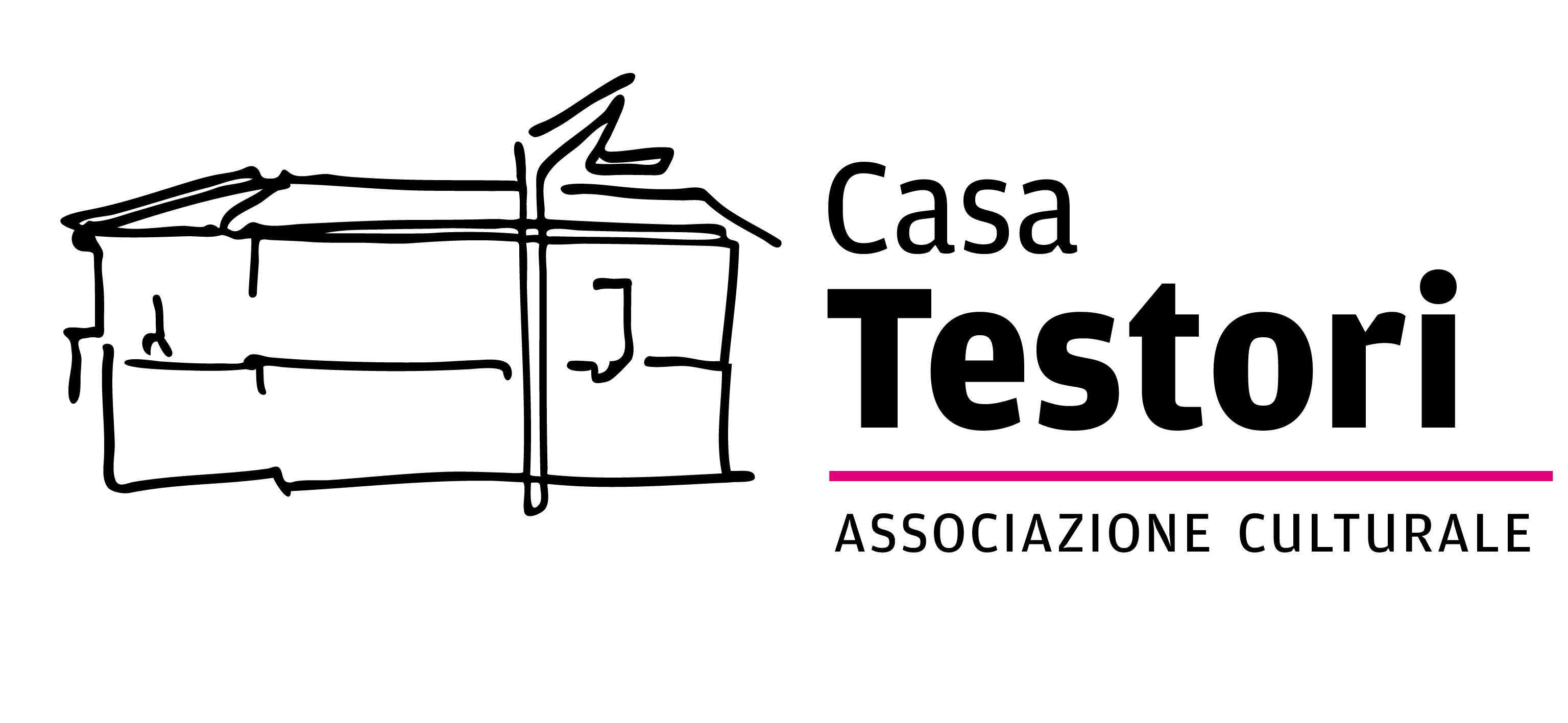Davide Rivalta, RINOCERONTE
Garden
Critic John Berger says: “When they are intent on examining a man, the eyes of an animal are alert and wary. That same animal may well look at another species in the same way. It does not reserve a special gaze for man. But no other species, except man, will recognise the animal’s gaze as familiar. Other animals are kept at a distance from that gaze. Man becomes self-conscious in returning it. The animal peers at him through a narrow gulf of non-understanding. That is why man can surprise the animal. Yet even the animal – even if it is domestic – can surprise man.”
But how? By feeling an indefinite nostalgia for a ferinity that was and is no more, for a call to nature that is not entirely dormant under thick layers of civilisation. Here is where man does his best to segregate domestic animals, to build and visit zoos, in the useless search for that gaze, for the eye of the animal which, however, completely distorted, does not stop except for an instant to observe the visitor, and then blindly heads beyond, beyond, because nothing can occupy a central place in his attention any more.
I am trying to re-propose that dualism which was completely lost when man felt he was the lord and master of nature. The dualism of the gaze between the man-species and the eyes of other living beings: my work wants to propose the surprising encounter, fruitful because it is subtracted by artistic elaboration from the anaesthetisation of the present, the encounter between man and animal.
Davide Rivalta
The artist’s aim, then, is to fix the possibility of a real encounter between three different elements: the figure of the animal in the form of a sculpture which, even if it is made by art, maintains its own characteristic innocent sacredness, its own naturalness, and, while not being able to completely escape the always possible symbolic associations, distances itself from them by virtue of its own “realism” of workmanship; the environmental context in which it finds itself to be and on which it tends neither to prevaricate nor to direct, but only to be there as an ungrateful guest; and finally all those who will find themselves by choice, by habit or by chance, to confront it. In this way a play of relationships is established that is the true and ultimate substance of the work, more so than its stylistic and formal features. This substance consists in the evocation of a positive sense of life in its most elementary manifestations, such as those offered by the randomness of existence and by the perceptive potentialities that connect us with the world and with the other-than-self within that shared, and not exclusive, space from which no living form can ultimately escape. Everything then tends towards wonder, which is equal in the represented and the observer, seen and sighted, as if to indicate that primordial unity that is our lost paradise.
Pier Luigi Tazzi
Davide Rivalta was born in 1974 in Bologna, where he lives and works.
Posted on: 13 December 2021, by : Alessandro Ulleri









